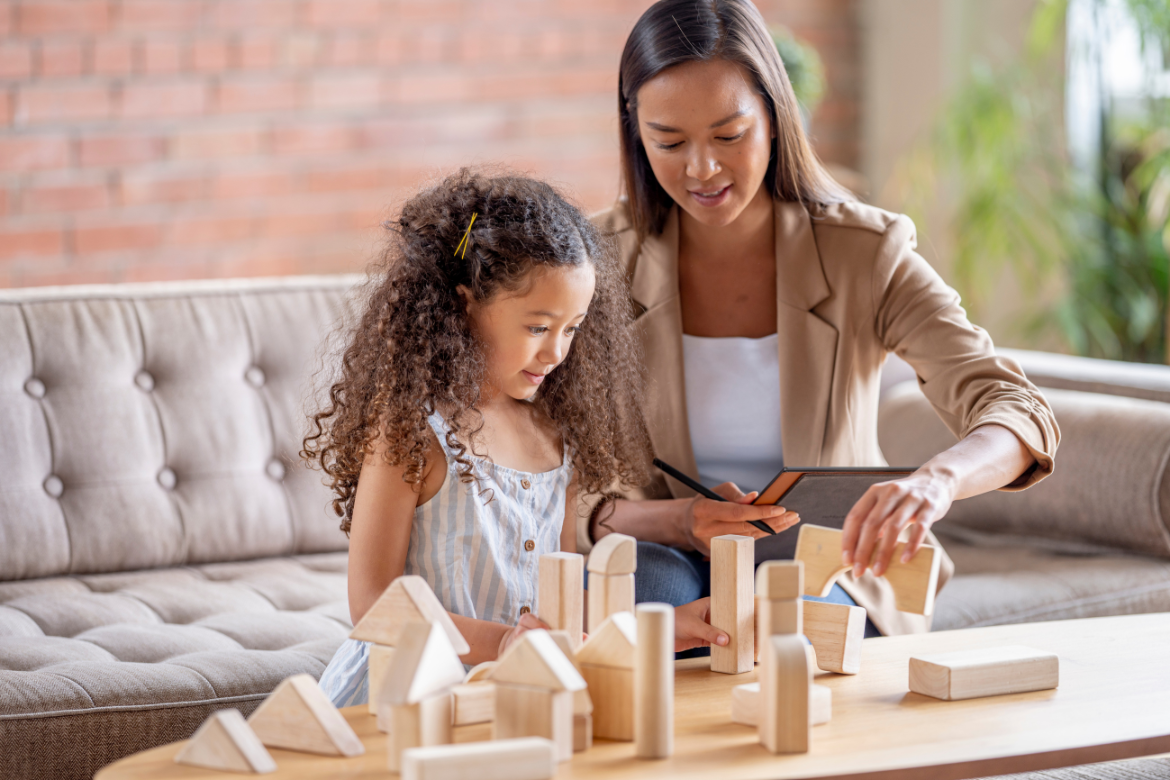
9 Signs Your Child Should See a Therapist
by Counseling and Wellness Center of PittsburghJanuary 30, 2024 Child Anxiety, child counseling, child psychologist, child should see a therapist, child therapist, child therapy, children mental health, counseling for children, counseling for kids, parenting, pittsburgh0 comments
9 Signs Your Child Should See a Therapist
Parenthood comes with its share of joys and challenges. While watching your child grow and navigate the world is rewarding, it’s also essential to be attuned to their emotional well-being. Children, like adults, can face struggles that may benefit from professional support. In this blog post, we’ll explore nine...Learn More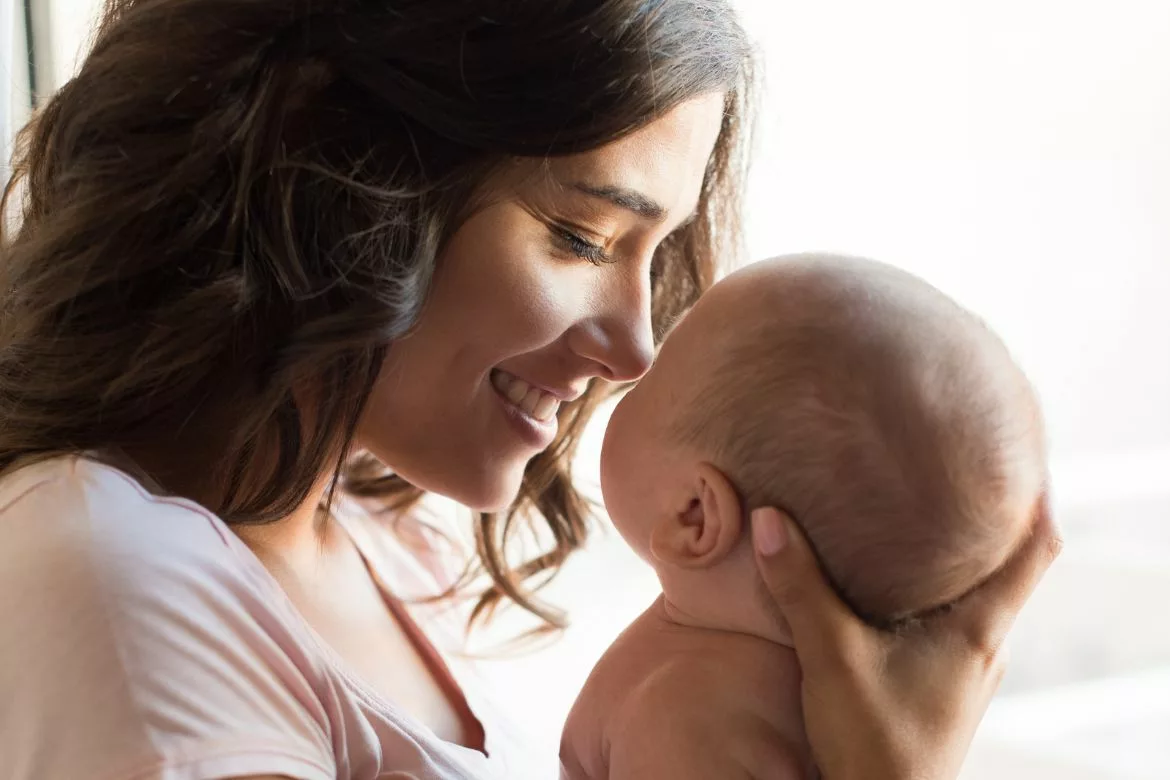
Bonding With Your Baby: Tips for Postpartum Attachment
by Counseling and Wellness Center of PittsburghMay 24, 2023 attachment theory, bonding with baby, maternal mental health, new dad, new mom, new parent, parenting, Parenting and Families, perinatal mental health, postpartum, postpartum depression0 comments
Becoming a new parent is an incredible journey filled with challenges and joys. For many new mothers, the postpartum period can be particularly demanding as they navigate the physical and emotional changes that accompany giving birth. Bonding with your baby and developing a strong attachment with your newborn is a vital aspect of the postpartum period.
Postpartum attachment refers...Learn More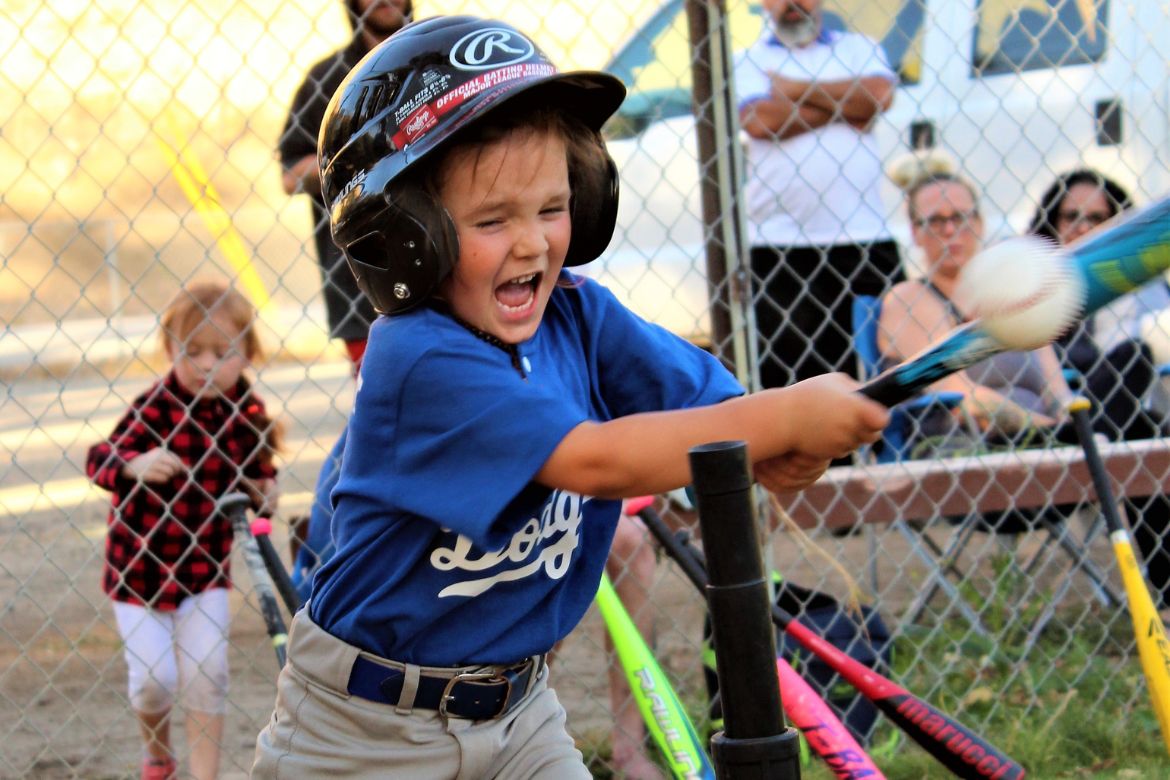
Signs Your Child Is Involved in Too Many Extracurricular Activities
by Counseling and Wellness Center of PittsburghOctober 5, 2022 anxiety in children, burn out, Child Anxiety, child counseling, children mental health, Extracurricular Activities for Kids, Overscheduled children, parenting, Parenting and Families, stress, stress management, teen anxiety, wellness for kids0 comments
Every good parent knows that providing an enriching environment lays the foundation for future success. Or does it? From summer camp, to instrument lessons, and afterschool programs, how many extracurricular activities are too many and where do parents’ good intentions bleed into something less helpful and even have the unintentional consequence of creating a stressful and...Learn More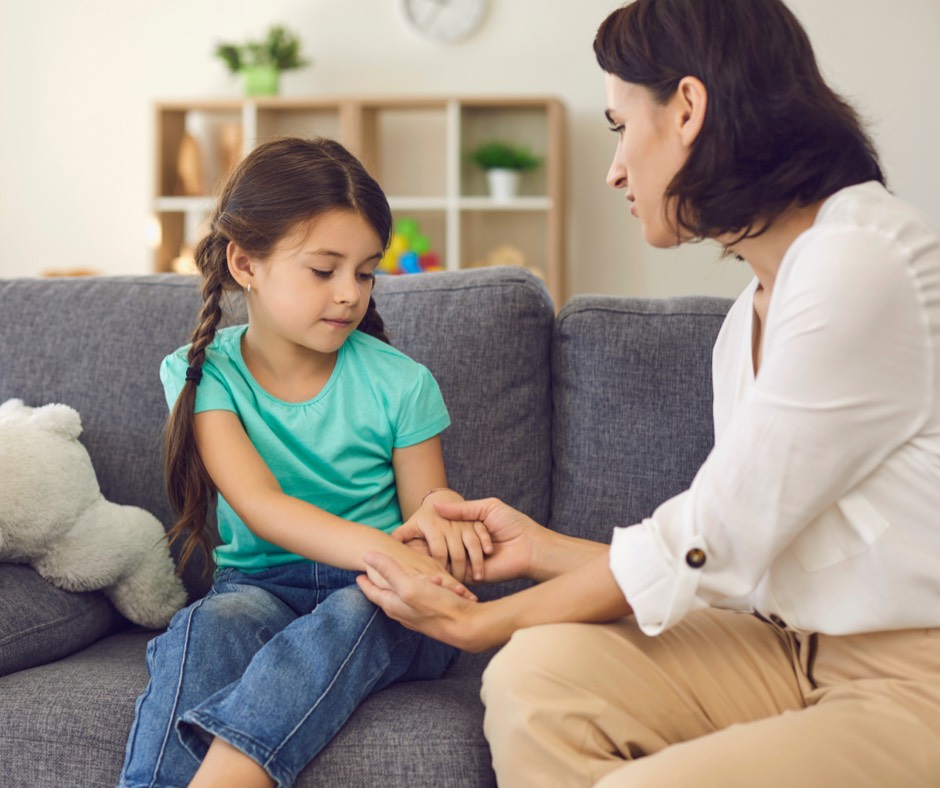
If Children are Talking About Death, How Can Parents Best Support Them?
by Counseling and Wellness Center of PittsburghJanuary 6, 2022 anxiety in children, Child Anxiety, child counseling, child psychologist, child therapy, children mental health, death, health anxiety, pandemic, parenting, Parenting and Families0 comments
In the last two years there has been a noticeable increase of school age children spending a lot of their time discussing and playing out themes of death. This can be very concerning to parents as they want to shield their children from anything that is scary and death is a heavy concept, even for adults.
With the pandemic, death has been a constant topic on the news, media, and at the dinner...Learn More
Healthy Relationship Habits to Encourage in Your Teen
by Counseling and Wellness Center of PittsburghMarch 29, 2021 healthy relationships, parenting, Parenting and Families0 comments
Nothing can fill a parent with trepidation quite like watching their teenager enter the world of dating.
While you may feel some “mama bear” instincts to shut it down, your teen needs you to be there for them. And they’re probably craving to know (without telling you): what does a healthy relationship actually look like?
Instill these five teachable habits to help your teen build healthy...Learn More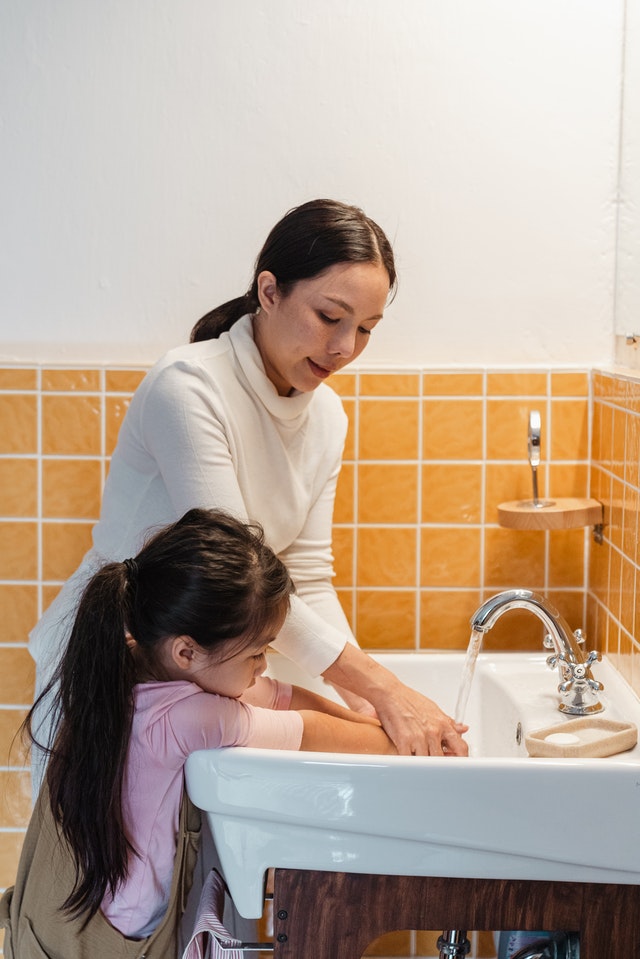
Parenting in the Age of COVID-19: Being There For Our Kids
by Counseling and Wellness Center of PittsburghMarch 14, 2021 child counseling, child therapy, family counseling, family counseling during corona virus, parenting, Parenting and Families0 comments
Whether you’re a parent or caregiver, weathering the pandemic with children has probably felt like a pressure cooker at times. Boredom, turmoil, and anxiety arise when faced with remote school days or filling long afternoons sans extracurriculars.
Kids look to the adults in their lives to help them cope with this complex, global situation. How can we make strong mental health choices to...Learn More
